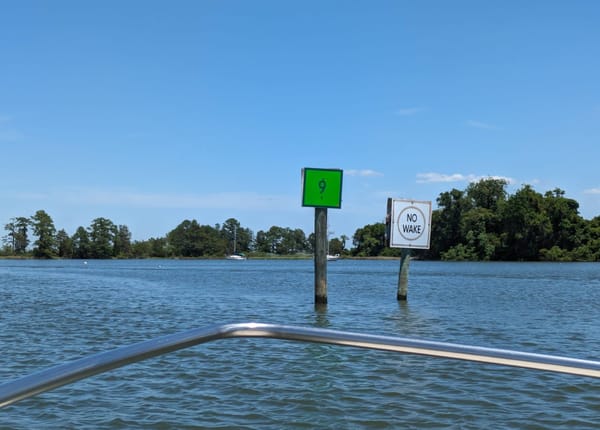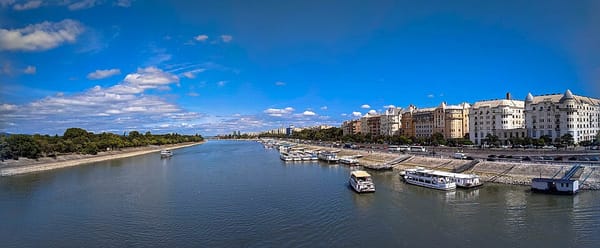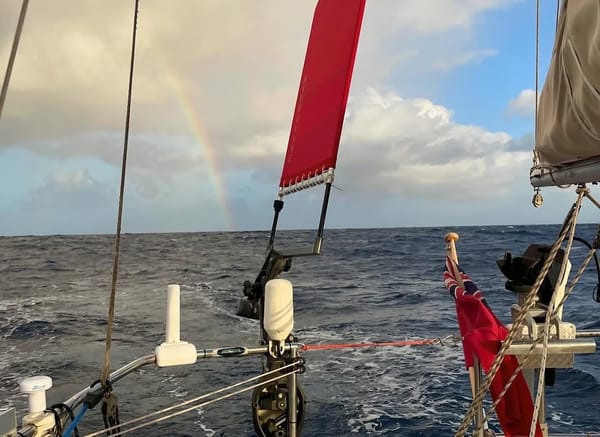Good Galley: Types of Refrigeration for a Boat
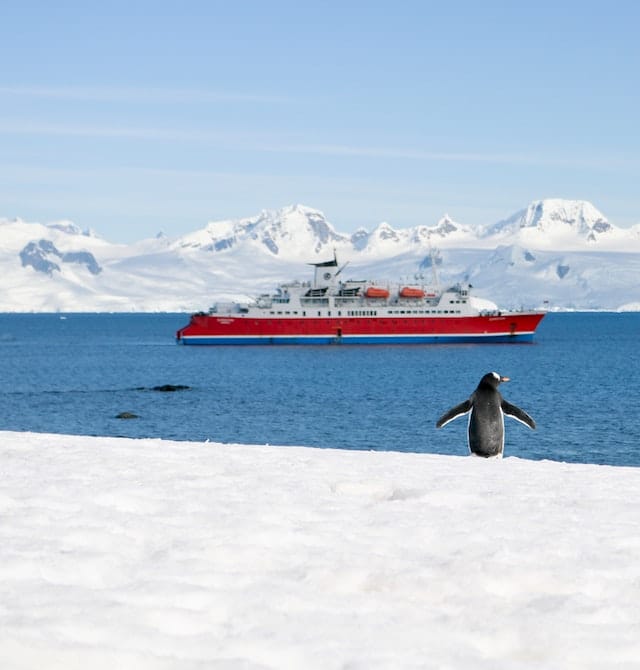
When it comes to boating, keeping food and drinks cool is an important consideration. While ice chests and coolers can be used, boaters have a variety of refrigeration options that can make life on the water more convenient and enjoyable (not to mention less smelly back at the private boat dock rental due to poor refrigeration).
Whether you take weekend fishing trips in the Chesapeake Bay or longer excursions like traveling to the Bahamas from Florida, taking on the Great Loop or cruising to Cuba and the Bahamas, your boat galley needs to have dependable food storage. Marine refrigeration is as important as things like anchor windlasses, boat bellows and marine generators. There are several types of refrigeration systems available for boats. They range typical coolers to mini fridges and even full-size versions like what's in your home ktichen. Here are some of the most common types to consider for use at a marina or private boat slip for rent.
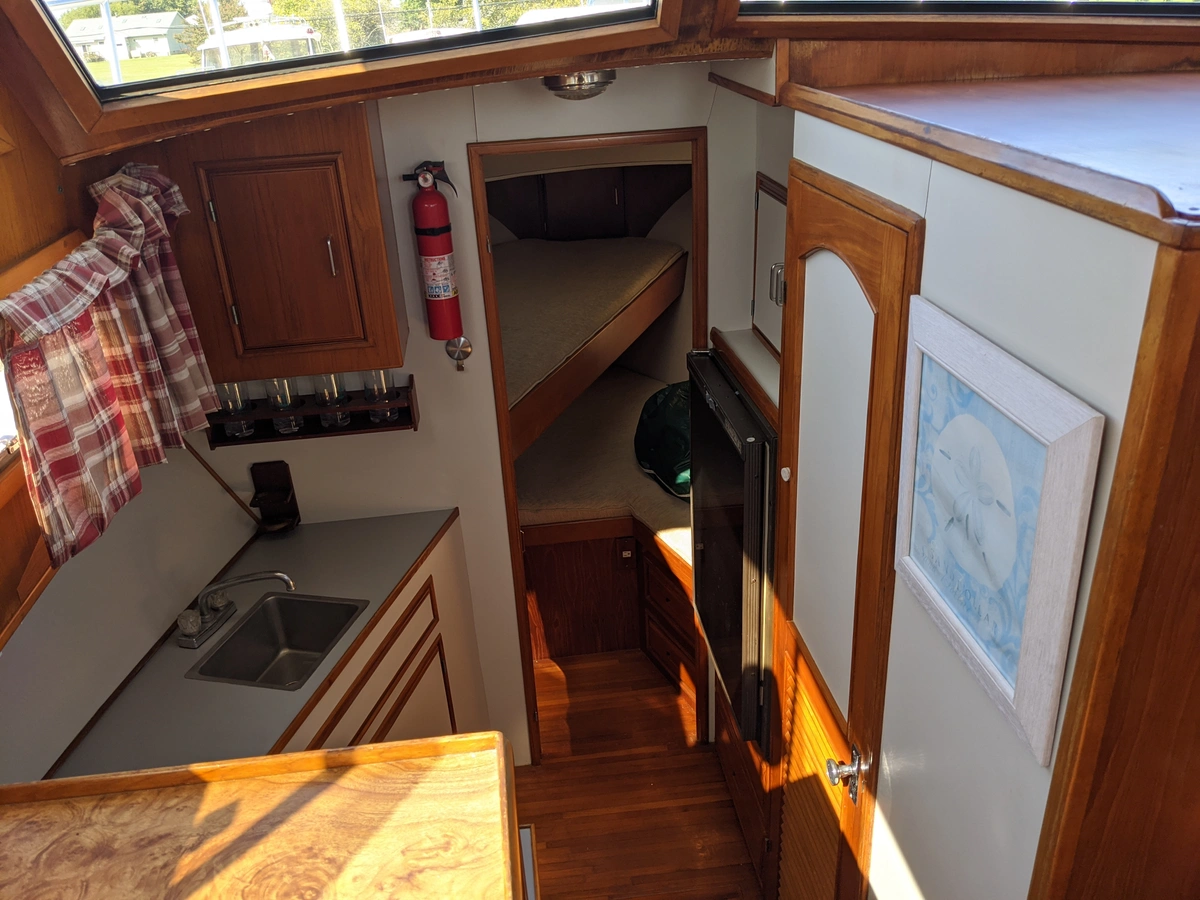
Compressor Refrigeration
Compressor refrigeration is the most common type used on boats. This system works by using a compressor to compress a refrigerant gas, which is then circulated through a series of coils to remove heat from the refrigerator box. The cooled refrigerant then expands back into a gas and the cycle starts again.
Compressor refrigeration systems are reliable and efficient, but they require a significant amount of power to operate. This means that they’re typically only suitable for larger boats with onboard generators or shore power connections. If you’re docked at a private boat lift rental where you don’t have access to a good source of electricity, this may not be the best option.
Absorption Refrigeration
Absorption refrigeration systems are another option. These systems use heat, rather than electricity, to operate. The system relies on a chemical reaction between a refrigerant and an absorbent material to create cooling.
Absorption refrigeration systems are very efficient and quiet, but they require a heat source to operate. This can be provided by a propane burner, a diesel heater or an electric heating element. This type is ideal for boats that spend a lot of time away from shore power or that don't have a generator.
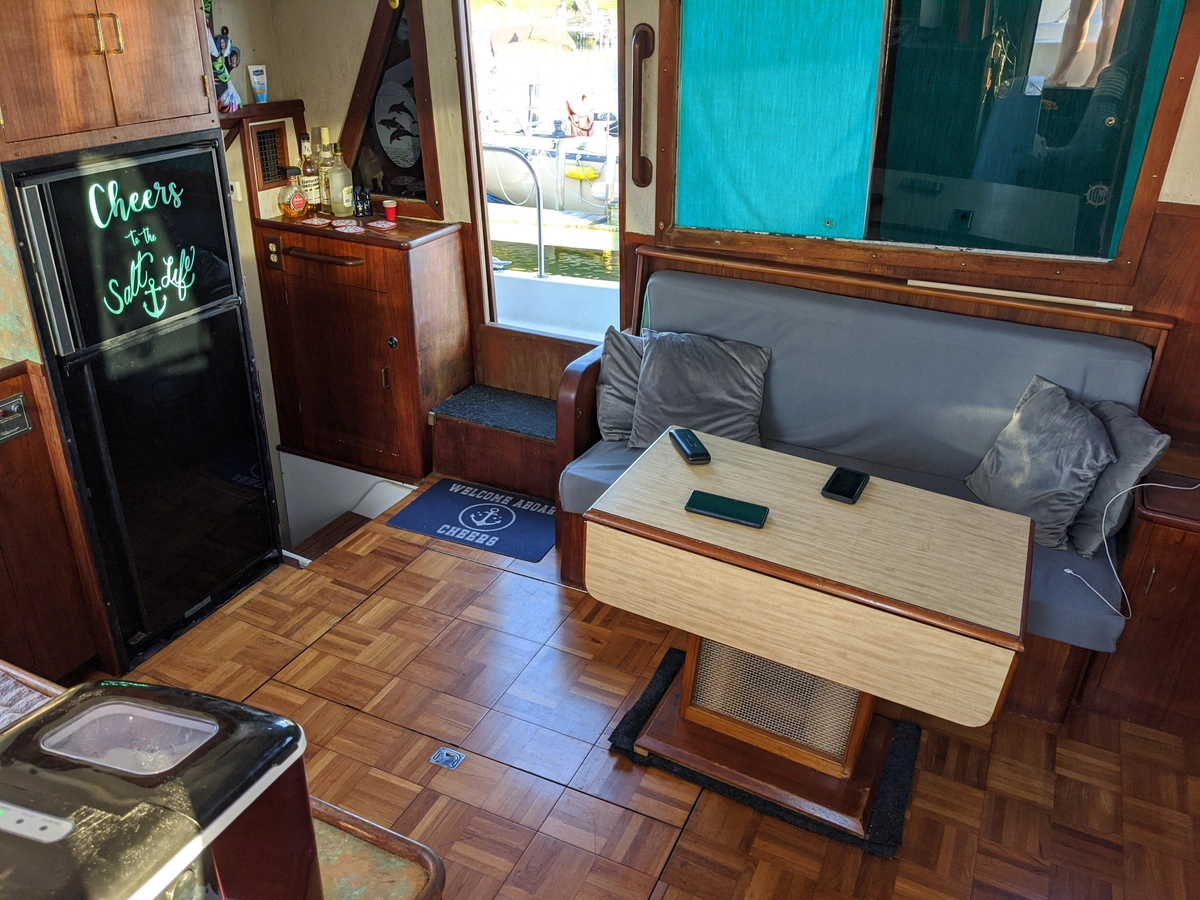
Photo: Sandy Allen
Thermoelectric Refrigeration
Thermoelectric refrigeration systems are relatively new on the market and are becoming more popular for boat refrigeration. These systems use a thermoelectric module to create cooling. The module uses electricity to create a temperature difference between two materials, which creates a cooling effect.
Thermoelectric refrigeration systems are lightweight, compact and require very little power to operate. However, they’re not as efficient as compressor or absorption systems. Keeping food and drinks cool in very hot weather may be harder. This could be a good option for a private boat dock rental or a liveaboard boat.
Ice Box Refrigeration
Ice box refrigeration is a low-tech option for boat refrigeration. This system uses an insulated box. Ice is placed inside to keep food and drinks cool. While this may seem old-fashioned, it can be a reliable and inexpensive option for boaters who only need to keep things cool for short periods of time. This is the typical portable cooler that most boaters already have on board the boat or at a private boat dock for rent.
The downside with this type of system is that it can be messy, as the melting ice needs to be drained periodically. It can also be difficult to keep food at a consistent temperature. The ice will need to be replenished frequently. With modern technology, though, ice can stay frozen for long amounts of time.
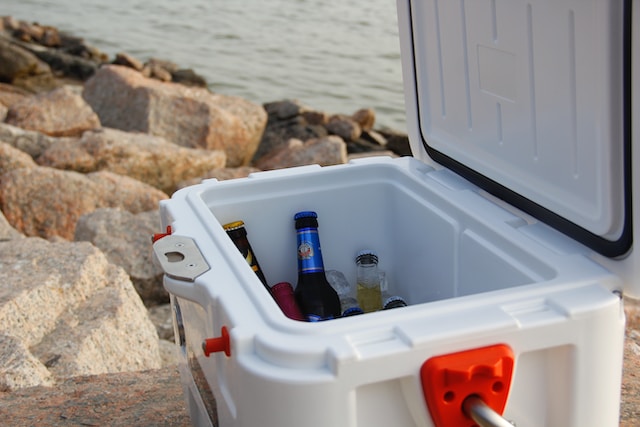
Photo: Sandrene Zhang/Unsplash
Hybrid Refrigeration
Hybrid refrigeration systems combine two or more of the above systems to create a more efficient and flexible refrigeration solution. For example, a hybrid system may use a compressor system while connected to shore power or a generator, but then switch to an absorption system when away from power sources.
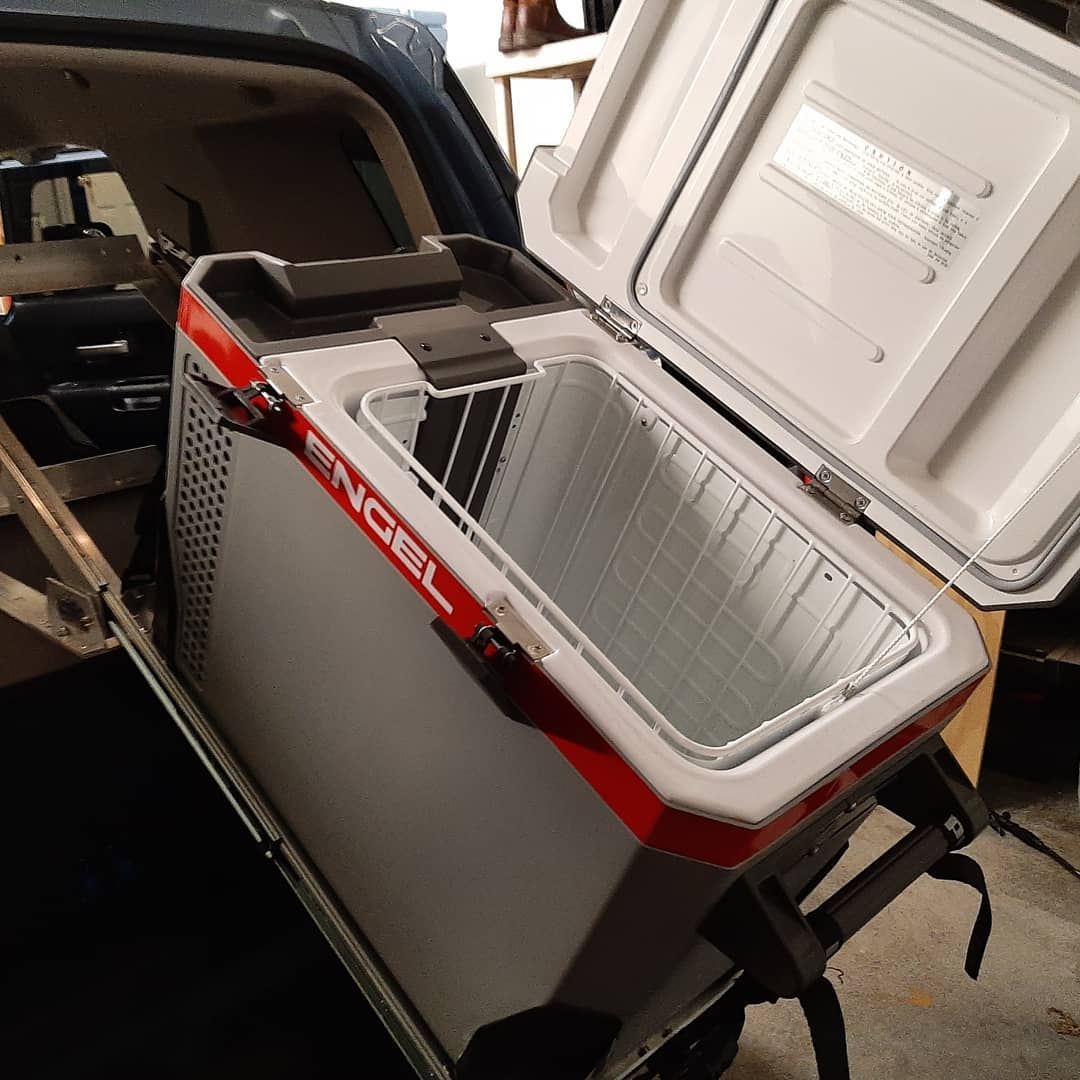
Photo: Engel Coolers (Facebook)
Hybrid systems can be expensive and complex, but they offer the best of both worlds in terms of efficiency and flexibility.
Here are a few refrigeration system brands to help you get started.
We hope this has helped with any questions you might have about the best marine refrigeration systems for your boat. Happy boating!
